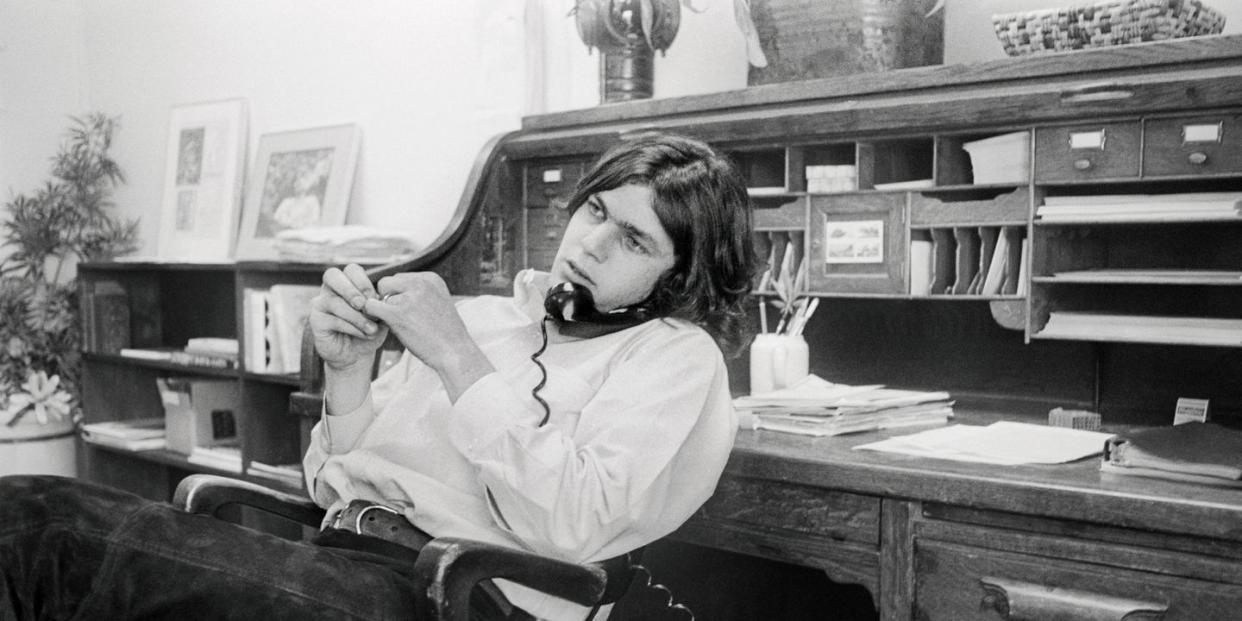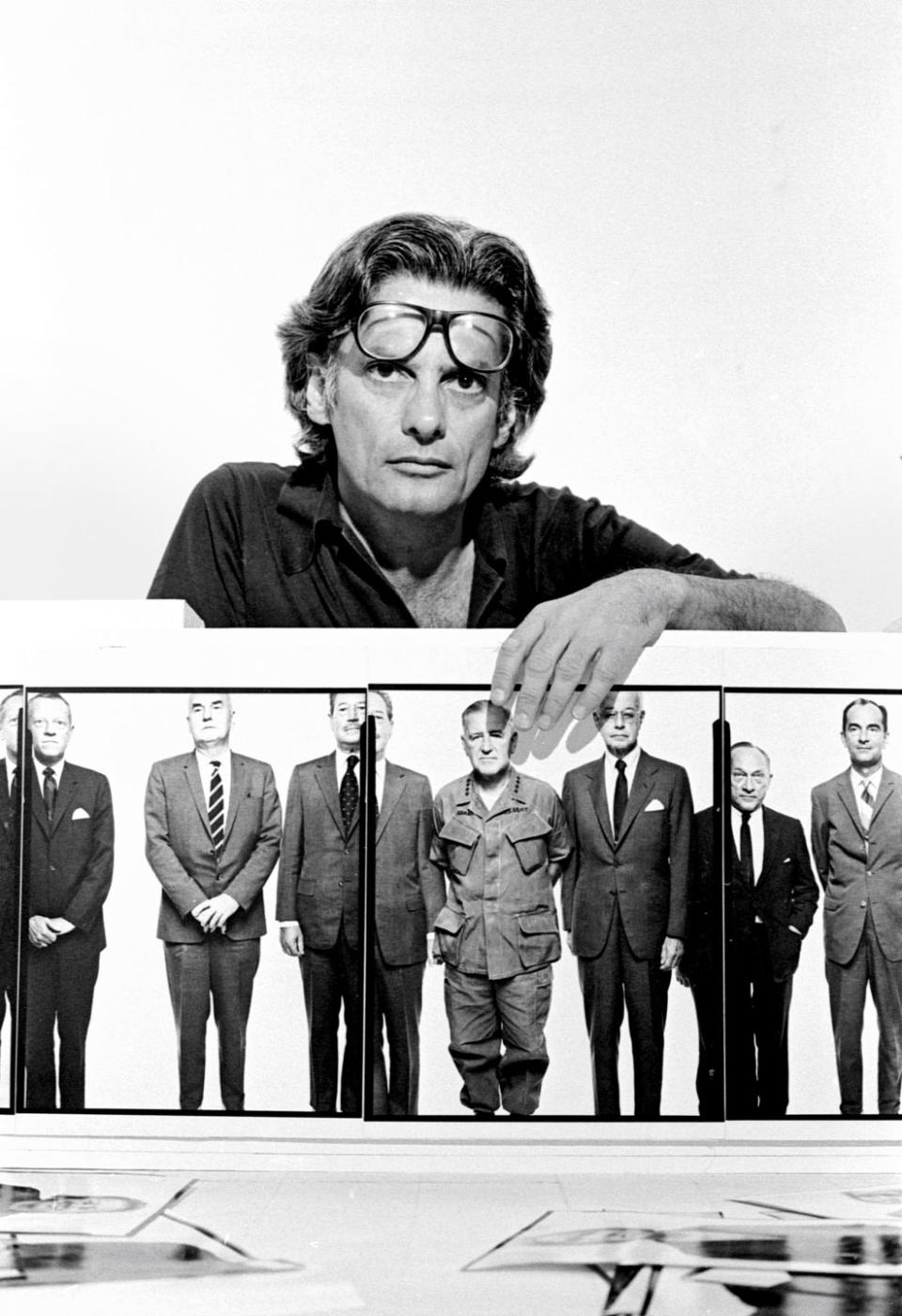Is Writing a Memoir the Ultimate Power Move?

- Oops!Something went wrong.Please try again later.
- Oops!Something went wrong.Please try again later.
"Hearst Magazines and Yahoo may earn commission or revenue on some items through the links below."
If you looked hard enough you could see it lurking. On Zoom calls and television interviews, perched behind politicians, journalists, and the simply well-read was often a hulking copy of The Power Broker, Robert Caro’s 1974 biography of New York City’s most infamous public servant, Robert Moses. The book, which inspired a Twitter account dedicated to such sightings, was a signal that its owner was brainy and informed and had the wherewithal to take on a 1,344-page behemoth. But biographies aren’t really about the people who read them.
Being the subject of a definitive biography has long been considered prestigious. Here’s a writer selecting you and devoting years to telling your life story. Think of the time Caro has devoted to Moses or Lyndon B. Johnson; Walter Isaacson to Steve Jobs; Doris Kearns Goodwin to Abraham Lincoln. “Every person hopes the book they get is Hermione Lee’s Tom Stoppard,” says one biographer. “That’s the gold standard.”
But sometimes you get Joe Hagan’s Sticky Fingers, the critically hailed 2017 bio of Jann Wenner in which the Rolling Stone founder participated. Upon release, however, its subject publicly decried the book as “deeply flawed and tawdry” and emailed powerful friends to apologize that he had asked them to participate.

The dance between a living subject and a biographer is complex. When you agree to be the subject of a book, “at the end of the day, you have no one to blame but yourself,” David Geffen told the New York Times around the time Sticky Fingers was published. (Geffen himself was reportedly unhappy with 2000’s The Operator, a biography of him by the late Tom King.) The gist is that Wenner expected the Caro treatment and ended up with what he felt was the Kitty Kelley version.
This month Wenner will release his own memoir. Like a Rolling Stone weighs in at 592 pages, 45 longer than Sticky Fingers. “My experience with authorized or cooperative biographies was disappointing,” Wenner tells T&C. “They ended up boring, inaccurate, and fundamentally flawed. I called this a memoir to get away from the strictures of formal storytelling and having to articulate and arbitrate various points of view.” And, one would imagine, to have the final word.
It’s also just good business. Because “people want to hear directly from the subject,” a former publishing executive says, “memoirs usually outsell biographies.” That could explain a recent avalanche of midcareer memoirs (Viola Davis, Molly Shannon) and autobiographical essay collections (Minnie Driver, Gabrielle Union). Another selling point: The book’s author can promote it—as long as he’s among the living. “If Mike Nichols had written a book,” the exec notes, “it would have sold better than Mark Harris’s biography.”
Promotional opportunities aside, when you write your own story, you can regulate how the record stands. “The idea of having a completely flattering biography,” says Amy Odell, who recently wrote a bio of Anna Wintour, “is impossible.”
This story appears in the September 2022 issue of Town & Country. SUBSCRIBE NOW
You Might Also Like

